Raqs-e-Bismil Drama Review: Raqs-e-Bismil, which translates to “Dance for the Beloved,” captivated Pakistani audiences in 2020. This drama, directed by Wasi Shah and penned by Farah Bhatti, offered a complex narrative exploring love, loss, societal pressures, and the resilience of the human spirit. This review delves into the strengths and weaknesses of the series, providing a balanced perspective for potential viewers.
A Story of Intersecting Lives
Raqs-e-Bismil revolves around Zohra (Sarah Khan), a headstrong dancer yearning for artistic freedom. Her dreams clash with the conservative values of her family, particularly her domineering brother, Moosa (Imran Abbas). The narrative introduces us to other compelling characters: Insha (Minsa Malik), a childhood friend of Zohra’s harboring a secret love; Essa (Khobro Siddiqui), a wealthy businessman seeking solace; and Sakina (Yumna Zaidi), a kind-hearted woman caught in a loveless marriage. As their lives intertwine, the drama unfolds a tapestry of emotions, highlighting societal expectations, the complexities of love, and the yearning for self-expression.
Stellar Performances Drive the Narrative
The success of Raqs-e-Bismil hinges heavily on its remarkable cast. Sarah Khan delivers a powerful performance as Zohra, capturing her vulnerability and unwavering spirit with equal intensity. Imran Abbas portrays Moosa with a nuanced understanding, showcasing the character’s internal conflict between societal pressure and brotherly love. The supporting cast, including Minsa Malik, Khobro Siddiqui, and Yumna Zaidi, breathes life into their respective roles, adding depth and dimension to the story.
Visually Striking with a Captivating Score
The director, Wasi Shah, employs a visually captivating style. The use of color palettes and lighting effectively sets the mood, reflecting the emotional landscape of the characters. The drama boasts stunning visuals, particularly in scenes depicting Zohra’s dance performances, where the choreography and camerawork come together beautifully. The music of Raqs-e-Bismil deserves special mention. The soulful OST complements the narrative perfectly, enhancing the emotional impact of each scene.
Exploring Societal Issues with Nuance
Raqs-e-Bismil tackles sensitive social issues prevalent in South Asian societies. The struggle for artistic freedom, particularly for women, is a central theme. The drama sheds light on the power dynamics within families, highlighting the pressure to conform to societal norms. Additionally, it explores the complexities of love and relationships, showcasing characters grappling with unrequited love, societal expectations of marriage, and the challenges of finding true connection.
A Dance with Uneven Pacing
While Raqs-e-Bismil boasts a captivating story and stellar performances, it is not without its flaws. The pacing of the drama can be uneven at times. Certain plot points are stretched out unnecessarily, leading to moments that feel repetitive. Additionally, the resolution for some characters feels rushed or underdeveloped, leaving viewers with lingering questions.
A Show Worth Watching for its Performances and Themes
Despite its pacing issues, Raqs-e-Bismil remains a compelling drama. The strong performances, thought-provoking themes, and captivating visuals make it a worthwhile watch. The drama’s exploration of societal pressures, the pursuit of artistic expression, and the complexities of love resonates with audiences, sparking conversations and leaving a lasting impact.
Character Complexity: Beyond the Obvious
- Moosa: While initially portrayed as the antagonist, Moosa’s character evolves throughout the drama. We see glimpses of his internal struggle, torn between societal expectations and his genuine love for Zohra. This complexity adds depth to the narrative, making him more than just a controlling brother.
- Insha’s Dilemma: Insha’s character serves as a foil to Zohra. Despite harboring feelings for Zohra, she succumbs to societal pressure and marries a man she doesn’t love. Her journey highlights the sacrifices women make in the name of family honor and tradition.
- Essa’s Transformation: Essa’s character arc is one of healing and self-discovery. Initially seeking solace in material possessions, he finds a renewed purpose through his connection with Zohra. This transformation challenges the stereotypical portrayal of wealthy men and showcases the power of human connection.
Symbolism and Artistic Expression
The drama cleverly uses symbolism to enhance its storytelling. Zohra’s dancing is not just a form of entertainment; it becomes a metaphor for her fight for freedom and self-expression. The contrast between the vibrant dance sequences and the muted tones of her everyday life visually emphasizes this struggle.
Social Commentary: A Spark for Conversation
Raqs-e-Bismil doesn’t shy away from tackling social issues head-on. It sparks conversations about the importance of female education, the need for open communication within families, and the challenges faced by individuals defying societal norms. While the drama doesn’t offer easy solutions, it encourages viewers to reflect on these issues and form their own opinions.
A Note on Pacing and Resolution
The uneven pacing, particularly in the latter half of the drama, is perhaps its biggest flaw. Certain plotlines, such as Zohra’s forced marriage and subsequent escape, could have been condensed to maintain a tighter narrative flow. Additionally, the resolution for some characters feels rushed, leaving viewers wanting more closure.
A Lasting Impact: Beyond Entertainment
Despite these shortcomings, Raqs-e-Bismil remains a significant contribution to Pakistani television. It pushes boundaries by exploring sensitive themes and celebrating artistic expression. The drama’s lasting impact lies in its ability to evoke empathy, spark social conversations, and inspire viewers to pursue their dreams in the face of adversity.
In Conclusion
Raqs-e-Bismil is a dance of emotions, a story that stays with you long after the credits roll. Packed with powerful performances, thought-provoking themes, and stunning visuals, it offers a unique perspective on love, family, and the pursuit of dreams. While the uneven pacing may disrupt the flow at times, the overall impact of the drama remains positive. If you’re looking for a Pakistani drama that delves into social issues with nuance, features exceptional acting, and boasts a captivating soundtrack, then Raqs-e-Bismil is definitely worth adding to your watchlist. In closing, Raqs-e-Bismil is more than just a captivating drama; it’s a thought-provoking exploration of the human condition. While some aspects could have been handled with a tighter grip, the show’s strengths far outweigh its weaknesses. So, if you’re looking for a drama that entertains, challenges, and stays with you long after the finale, Raqs-e-Bismil deserves a place on your watchlist.

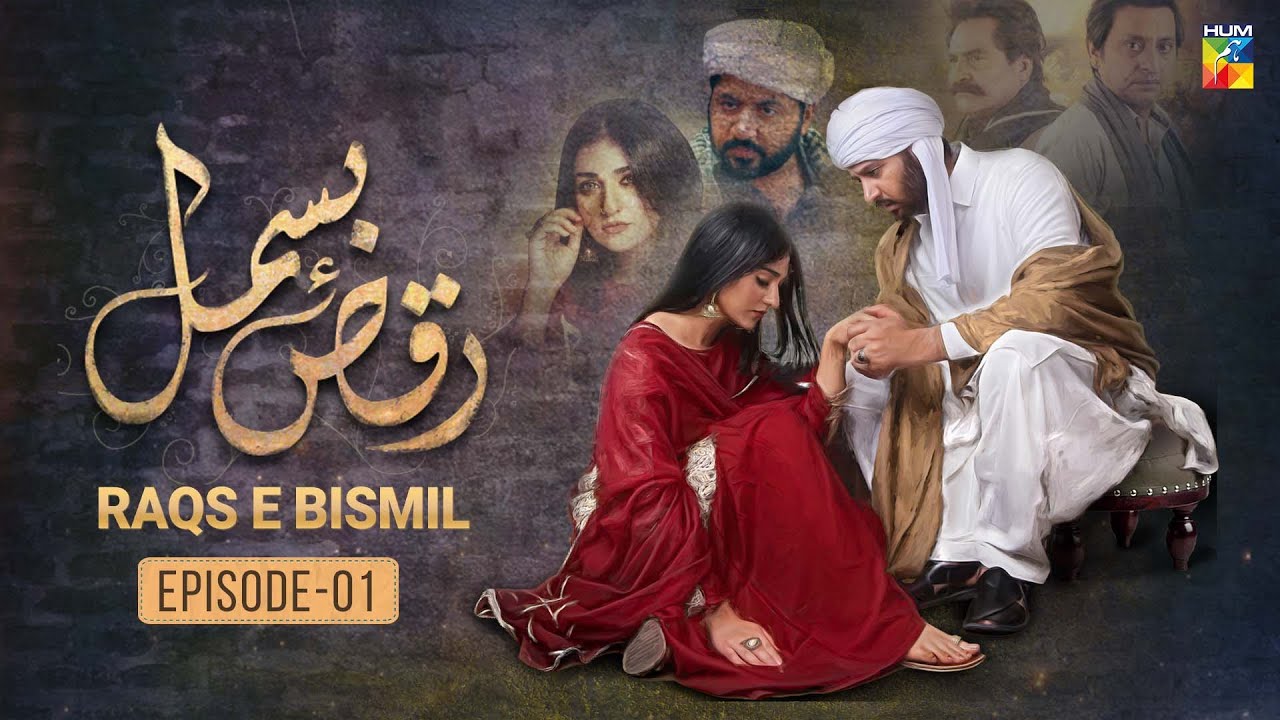

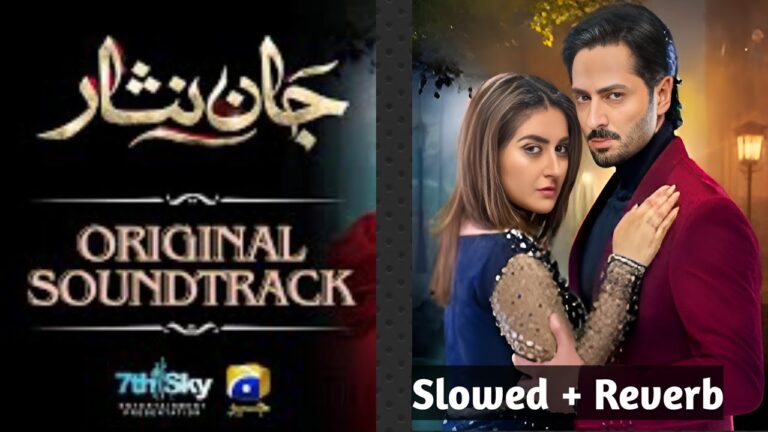
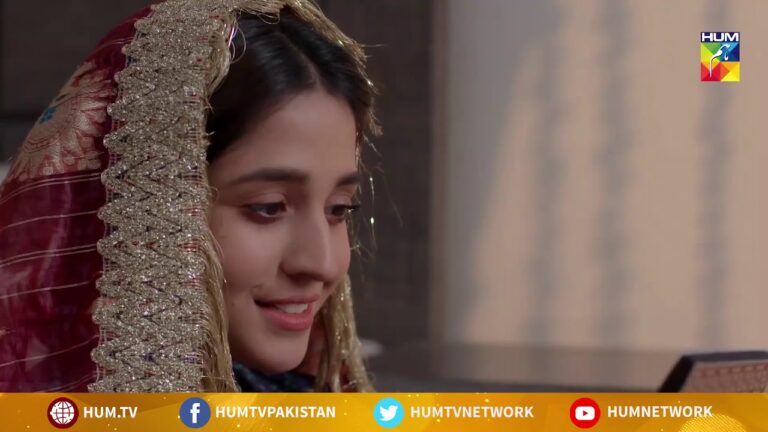

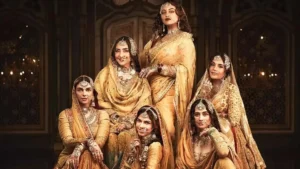
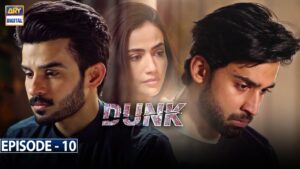
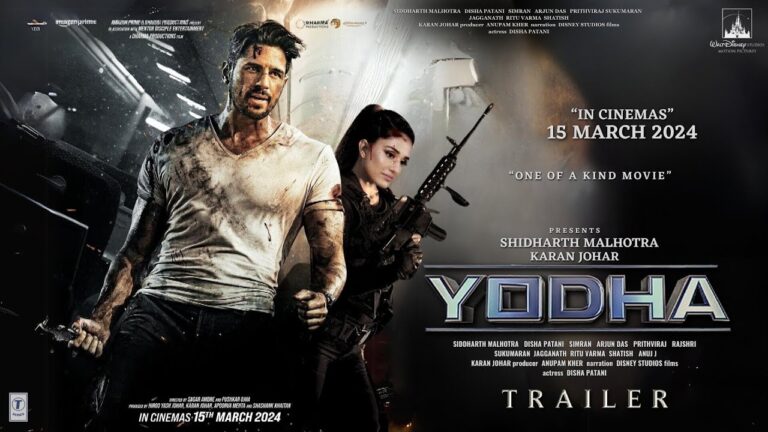

+ There are no comments
Add yours